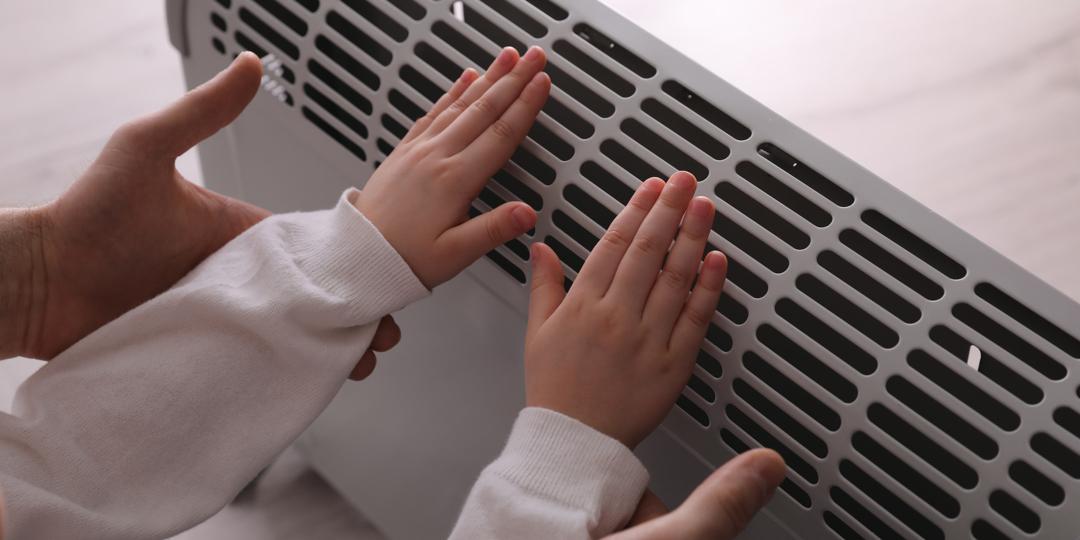Being warm inside your home or office while the weather is frightful is something many find blissful. The cozy feeling of knowing you are safe from harsh temperatures is definitely not taken for granted and portable heaters have long been available to us to supplement this need. Although some manufacturers test their products for safety consistently, there are rules and guidelines to follow so your portable heater doesn’t potentially cause harm.
Types of Heaters
- Oil or water-filled radiator - oil or water pass through coiled fins to emit heat.
- Fan-forced heater - fans blow through heated coils to emit heat.
- Ceramic heater - utilizes metal coils encased in PTC (Positive Temperature Coefficient) ceramic.
- Infrared heaters - direct infrared heat transfer (we recommend using these in well-ventilated areas of your home such as workshops, garages, and patios).
Safely Heating Rooms
Never plug in a portable heater to a power strip. The electricity it takes to run a portable heater is too heavy for the power strip to support. Plugging directly to an electrical outlet with a GFCI setting is the best way to ensure your safety. We recommend placing heaters in areas of low traffic. As the heat builds up during its run time, the surface of the heater becomes hazardous and could harm anyone that comes in contact.
Safely Heating Work Spaces
Before you bring a portable heater into your office space, be sure to receive permission from the manager of the facility or someone closely related to that position. Depending on the office space, some facilities might not allow them to operate inside the building. The reason these facilities might disallow portable heaters is due to the fact that they are easily forgotten about when placed under desks. According to the Fire Code written by the National Fire Protection Association, “The AHJ shall be permitted to prohibit use of portable electric heaters in occupancies or situations where such use or operation would present an undue danger to life or property” and “shall be designed and located so that they cannot be easily overturned.” For this reason, it is important to shut off your heater when you are away from your desk.
No matter which heater you have in your home, it is important to note that it carries the Underwriter’s Laboratory (UL) label. This ensures that the manufacturer has tested its product against OSHA’s strict safety guidelines. For any other questions regarding your heating system in your home, give us a call at (210) 899-2430.
*Information gathered from The National Fire Protection Association















